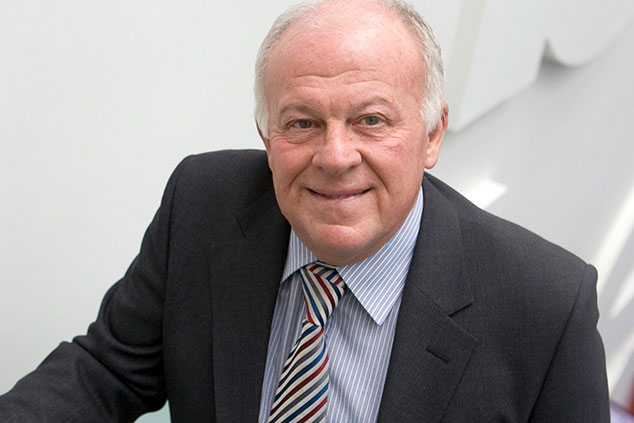
Peter Hargreaves reinvented investment for the masses, banking £4bn in the process. But he also inherited the traits of his frugal father who ran a small bakery in Lancashire. “He hates ostentation, dislikes excessive borrowing, and won’t even live abroad to avoid tax,” observed The Guardian in 2011. Last year, Hargreaves – these days a fanatical grower of dahlias and amateur Egyptologist – described himself as “the happiest and most contented billionaire on the planet”. Imagine, then, the hell of the past few weeks. Thanks to its close links with fund manager Neil Woodford, Hargreaves Lansdown (HL) – the firm he co-founded with Stephen Lansdown in 1981 from his spare bedroom in Bristol – is in the eye of one of the biggest storms to hit the investment world in years.
Woodford’s cheerleader
HL stands accused of abusing its position as the country’s largest investment-fund “supermarket” to promote a lossmaking Woodford fund in its favoured “Wealth 50” list. “The company was not Woodford’s only cheerleader,” says the Financial Times, “but its meteoric rise from a two-man operation to a pillar of the FTSE 100 Index meant it was the most influential.” HL’s customers “ploughed billions” into Woodford funds. Hargreaves quit as CEO in 2010 and no longer sits on the board. But he still owns nearly a third of the business, which, according to Forbes, has (or had) nearly $116bn under management. With shares down by a fifth in a fortnight, the founder who once chortled he was “as rich as Croesus” has taken quite a personal hit. But it is the besmirching of his baby that will hurt most. “I have wanted to run my own business since my time at Clitheroe grammar school,” Hargreaves, 71, once remarked. “I remember thinking if I could get a penny from everyone in Britain, I would earn £208,000 a year… From there it was a straight line to Hargreaves Lansdown.” In fact, it took a while to get there. Hargreaves trained as an accountant in the 1970s ,“but hated it” and ended up “being fired by Peat Marwick” (now KPMG), says The Guardian. He calls it “the best thing that ever happened to him”.
After stints with Unisys and Whitbread, he had the idea of using newspaper advertisements to market unit trusts to retail investors, and teamed up with Stephen Lansdown in 1981. They set out to conquer the unit-trust market – deploying “innovative tactics” to attract customers, such as giving rebates on commission – and succeeded beyond their wildest dreams, noted The Times in 2007, when HL floated with a £700m valuation. A decade and a technology revolution on, the firm’s platform can be used to buy pretty much anything, bar property and cryptocurrencies.
“Very few people have created a FTSE 100 company from scratch, without borrowing or acquisition,” said the Daily Mail last year when HL– at the peak of its form – had just paid its co-founder a £60m dividend. From the “discreet splendour” of his idyll in Somerset, Hargreaves could bask in the glory of building a financial firm that had “achieved the unimaginable – success without scandal”. With a promising second venture – Blue Whale investment group – already causing waves, surely a knighthood must be only a matter of time. Well, jinx. Hargreaves has always been renowned as a great boss, once observing that you have to praise staff when they do well “and refrain from castigating them when they make mistakes, because they will already be more upset than anyone else”. Right now, that patience is being sorely tested.